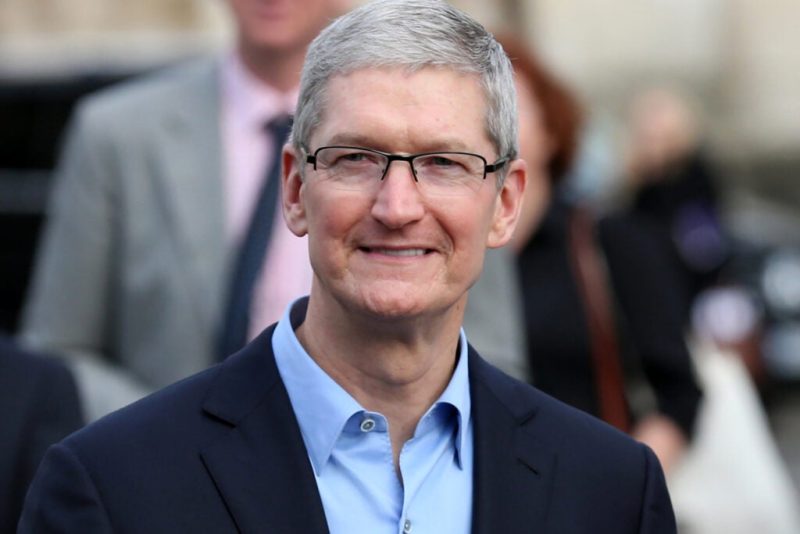
Reports suggest Apple CEO Tim Cook engaged in a crucial conversation with U.S. Commerce Secretary Howard Lutnick, potentially averting significant tariff increases on iPhones and other Apple electronics. The details of their discussion remain undisclosed, but the outcome speaks volumes. The potential impact of new tariffs on Apple’s already complex global supply chain could have been devastating, leading to higher prices for consumers and impacting the company’s bottom line. This underscores the significant influence wielded by tech giants in navigating the intricacies of international trade policy.
This isn’t the first time Apple has found itself in the crosshairs of trade disputes. The company has a long and complex history of managing its global manufacturing and distribution network, often facing challenges related to tariffs, import restrictions, and geopolitical instability. Navigating these complexities is a crucial part of Apple’s overall business strategy, requiring skillful diplomacy and proactive engagement with government officials.
While the specifics of Cook and Lutnick’s conversation remain shrouded in secrecy, the reported exemption from tariffs highlights the importance of high-level communication between tech CEOs and government leaders. The potential economic consequences of increased tariffs on consumer electronics are substantial, impacting not only Apple but also the wider tech industry and consumers. The successful avoidance of these tariffs, if confirmed, represents a victory for Apple and a testament to the effectiveness of proactive engagement with policymakers.
The situation also raises questions about the transparency of these high-stakes negotiations. Greater clarity regarding the discussions between Cook and Lutnick would be beneficial for understanding the intricacies of trade policy and its impact on major corporations. This incident underscores the need for a more open dialogue about the challenges faced by multinational corporations navigating the complexities of international trade. The ongoing debate about the balance between protecting domestic industries and fostering global trade continues to be a critical issue in the current economic landscape.










